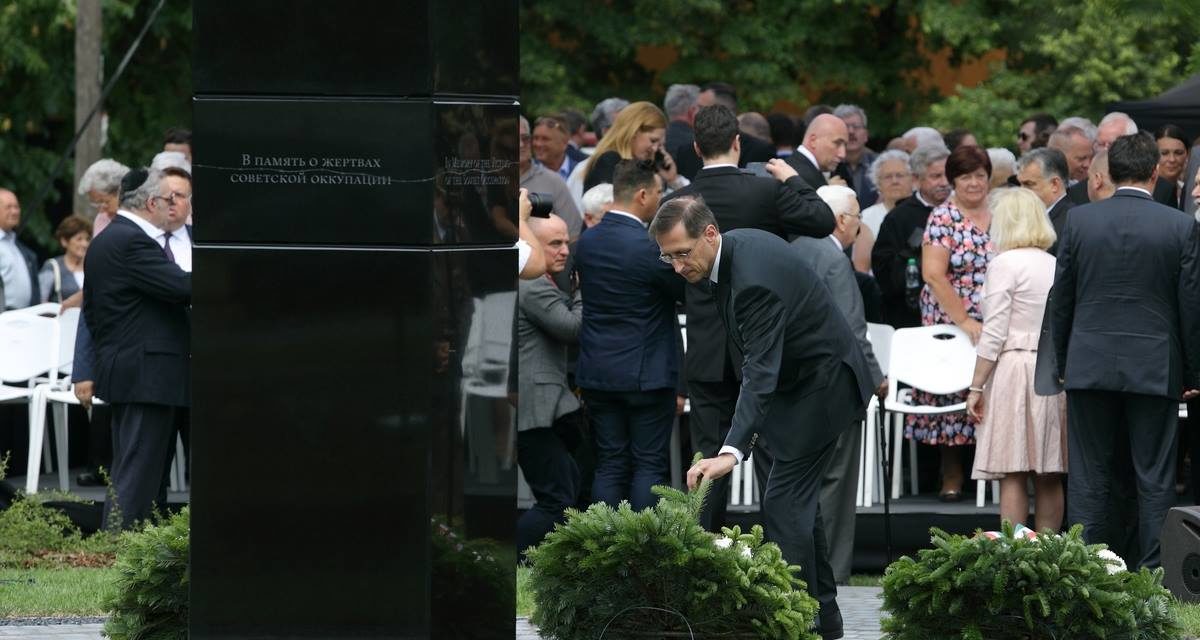Those whose ancestors were captured by the Soviets can now learn a lot about their loved ones who were taken away - writes Minister Mihály Varga in a Facebook post.
The Linguistics Research Center has created a searchable database of about 682,000 Hungarian prisoners of war brought to the Soviet Union .
"But freedom did not await those who returned home They were stigmatized, they could not get a position of trust. For many, the time spent in the Soviet Union was not even included in their employment. The former abductees, fearing reprisals, did not dare to tell their "experiences" abroad until recently. They also remembered the "good advice" they received on the occasion of their release: "Whoever dares to talk about what they saw here at home, we will bring them back."
Now many families can finally find out what happened to their relatives. Buda and Óbuda national guardsmen also suffered as prisoners of war, thousands of families waited in vain for their fathers, sons, and uncles to return home, the post reads.
The website is maintained by the Directorate of International Relations and European Union Projects of the Hungarian National Archives. The automated translation of the Cyrillic alphabet database of handwritten notes handed over by Russia into Hungarian was carried out by the researchers of the ELKH Linguistics Research Center (NYTK).
Source: Facebook












